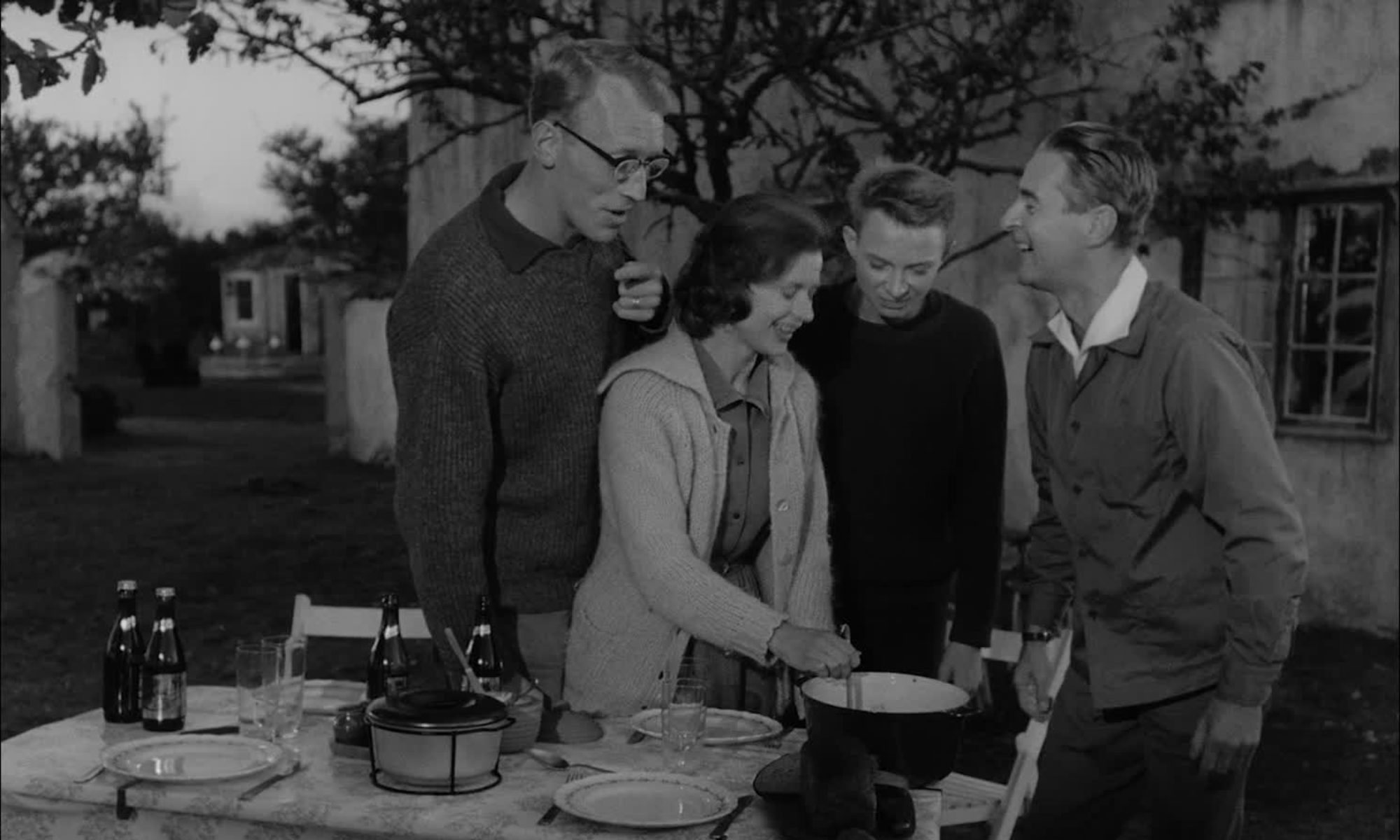Last night was our second Darkly event, and it was a great success, with ten people taking part in a lively discussion on freedom. It centred on Isaiah Berlin’s essay “Two Concepts of Liberty” (PDF), which divides the concept into two types: Negative freedom is freedom from coercion, constraints, or interference, whereas positive freedom is freedom to act according to one’s free will, and to self-actualise thereby.
Berlin argues that while these two conceptions of freedom largely overlap, there are points at which they conflict, and that these conflicts can have dire political consequences. While some found this distinction arbitrary, and potentially not the most useful way to divide up the concept, the essay still served as a fruitful starting point for discussion.

We attended to many, but not all, of Berlin’s points, including:
- Whether liberty is actually a central motivator; the early discussion centred on the observation that virtually nobody chooses to maximise negative or positive freedom by a total withdrawal from society.
- The exceedingly great scope of individual freedom demanded by Locke, Smith, and Mill, and the comparatively scant attention it gets from the classical philosophers.
- Berlin’s argument that there is not much evidence that unfree societies impede genius or self-realization, or that free societies necessarily produce them.
- The idea in education “You will later understand why we’re doing this now,” and how enlightening adults relates to educating children; we educate children more-or-less against their will, for their own good, yet this risks dehumanising paternalism when applied to adults.
- Constant’s idea that groups are not oppressive, but that oppression arises naturally from the concentration of power.
We moved on to critiques of certain positions, including:
- Most people did not believe the proposition that the Enlightenment quest toward objective reason (by way of positive freedom) would converge in a consensus, but there was interest in how the individualist freedom advocated by Kant or Rousseau could transform into totalitarianism, as Berlin argues, through pedagogical means (“I have become more rational than you, therefore I know better than you and can decide your fate for your own ultimate benefit”).
- The history of the view that moral science, like the natural sciences, was destined to have an objective, universal, harmonious solution, as Comte proposed: “We don’t allow free-thinking in chemistry; why should we for ethics?”
- Whether the desire for status, or recognition as an independent free agent, relates to freedom, as Berlin seems to feel it does. Most thought that this desire is unrelated to liberty, but that it is quite possibly more important.
- Whether Stoicism and Buddhism truly advocate a destruction of all desire and therefore total disengagement from society.
At this point, we started to examine more tangentially related issues:
- To what extent one can feel unfree with respect to nature. For example, we don’t feel unfree to jump ten feet in the air, nor to go to Jupiter, but these possibilities are contingent on circumstance. A Victorian would not have felt unfree not to be able to use the internet, but we might well.
- The fact that many regimes justify themselves as embodying the correct and natural order, and what this means for perceptions of freedom in the people they dominate.
- Why occupied territories might prefer local despotism to foreign or colonial paternalism, and how this feeling relates to today’s nationalist movements.
- The question of what it means for an individual to be free, if an individual is indivisible from society.
- Berlin’s discussion of “higher” and “lower” selves, and the question of where the boundary of the self lies at all, posed as: “Who or what is the self that would be free?”
- This led to further discussion about free will, determinism, and compatibilism, whether consciousness can be represented algorithmically, as well as broader questions relating to economic freedom which are likely to be continued at a later meeting.
Some suggested that we start with a set of questions, that we either make the reading more mandatory or open up the discussion to a broader range earlier, and that we find a venue with a round table.
The feedback overall, however, was positive: “the discussion group went really well”, “a great time” with “a really good group”, “a good conversation, everybody talked, everybody listened”, “a stimulating discussion”, and last but not least, “the thought comes to itself through dialog hence dialectic so this is rationality determining itself ☺, which is freedom”.
Overall, the meeting was close to what I had envisioned as an eventual ideal: a fascinating discussion on a challenging topic, from many different perspectives and angles. To nail it on the second meeting is a great result, so thanks very much to everyone who attended and made it such a success. Well done!
Recommendations
- Zhan: Adam Curtis’ The Trap: Part 1, Part 2, and Part 3. Also the podcast “Life is a Coin with One Side“, a surprising denial of free will by This American Life.
- Darren: Adaptive Markets: Financial Evolution at the Speed of Thought by Andrew Lo (Trigger warning: Finance-y).
- Colin: Capitalism and Freedom by Milton Friedman, and “The Use of Knowledge in Society” (PDF) by F. A. Hayek.
- Bryan: Robert Wright’s podcast with Eddy Nahmias, “Does compatibilism solve free will?“
